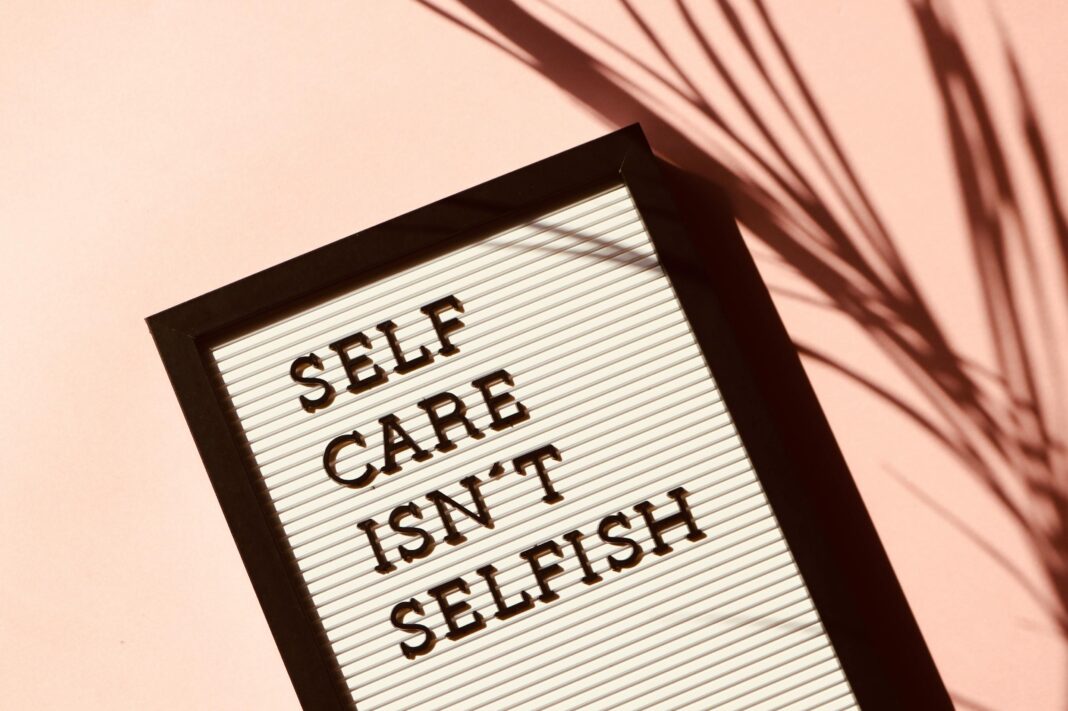Social media has transformed how people communicate, share information, and perceive the world. While it offers undeniable benefits, its influence on mental health remains a critical topic of discussion. Research increasingly highlights both positive and negative psychological effects linked to social media use. This in-depth article explores how platforms like Facebook, Instagram, TikTok, and Twitter shape mental well-being, supported by scientific studies, expert opinions, and real-world examples.

1. The Psychological Effects of Social Media on Self-Perception
1.1 The Rise of Social Comparison and Its Consequences
Social media encourages constant comparison by exposing users to curated, idealized versions of others’ lives. This phenomenon, known as “upward social comparison,” leads individuals to measure their self-worth against unrealistic standards.
- Key Studies:
- A 2018 study in Body Image found that women who spent more time on Instagram reported higher body dissatisfaction.
- Research in Computers in Human Behavior (2020) linked frequent social media use to lower self-esteem, particularly among adolescents.
- Real-Life Impact:
- Many users delete posts if they don’t receive enough likes, tying self-worth to online validation.
- The pressure to maintain a “perfect” image contributes to anxiety and depression.
1.2 The Role of Filters and Digital Alteration
Photo-editing apps and filters distort reality, creating unattainable beauty standards.
- Effects on Mental Health:
- Snapchat Dysmorphia: A trend where people seek cosmetic surgery to resemble filtered versions of themselves.
- Increased cases of Body Dysmorphic Disorder (BDD) among young adults.
- Expert Insight:
- Dr. Nina Vasan, a psychiatrist at Stanford, warns that “digital distortion fuels unrealistic expectations, harming self-image.”
1.3 The Influence of Influencer Culture
Influencers often promote lifestyles that are unattainable for the average person, leading to:
- Financial stress (from trying to emulate expensive trends).
- Feelings of inadequacy when users can’t achieve similar success.
Solution: Follow accounts that promote authenticity and body positivity.
2. Social Media and Its Link to Anxiety and Depression
2.1 Fear of Missing Out (FOMO) and Its Psychological Toll
FOMO drives compulsive social media checking, leading to:
- Sleep deprivation.
- Reduced productivity.
- Chronic stress from feeling “left out.”
Case Study:
- A 2021 Journal of Social and Clinical Psychology study found that limiting social media to 30 minutes per day significantly reduced depression and loneliness.
2.2 Cyberbullying and Online Harassment
- Statistics:
- 37% of young people report being bullied online (Pew Research, 2022).
- Victims of cyberbullying are twice as likely to self-harm or experience suicidal thoughts.
- Platform-Specific Risks:
- Anonymous apps like YikYak and Whisper increase harassment risks.
- Instagram has the highest reported cases of bullying among teens.
2.3 The Dopamine Effect: Addiction and Mental Health
- Social media triggers dopamine releases through:
- Likes, comments, and shares.
- Infinite scrolling mechanisms designed to prolong engagement.
- Signs of Addiction:
- Checking apps first thing in the morning.
- Feeling anxious when unable to access social media.
Expert Opinion:
- Dr. Anna Lembke (Stanford Addiction Expert): “Social media addiction mirrors substance dependence, requiring behavioral intervention.”
3. Social Media’s Role in Social Isolation
3.1 The Paradox of “Connected Loneliness”
Despite being “connected,” many users feel lonelier than ever.
- Why?
- Superficial interactions replace deep conversations.
- Online friendships lack emotional depth compared to real-life bonds.
- Harvard Study Findings (2020):
- People with strong offline relationships report higher life satisfaction than those relying solely on digital connections.
3.2 The Decline of Face-to-Face Communication
- Effects:
- Reduced empathy (from lack of nonverbal cues).
- Increased social anxiety in real-world interactions.
Solution: Balance online interactions with in-person meetups.
4. Positive Effects: How Social Media Supports Mental Health
4.1 Online Mental Health Communities
Platforms like Reddit and Facebook host support groups for:
- Depression.
- Anxiety.
- PTSD.
Example:
- The subreddit r/Anxiety has over 800,000 members sharing coping strategies.
4.2 Awareness and Advocacy
- Movements Like #MentalHealthMatter reduce stigma.
- Celebrities sharing struggles (e.g., Selena Gomez on bipolar disorder) encourage openness.
4.3 Access to Professional Help
- Therapists use Instagram and TikTok to share mental health tips.
- Crisis hotlines promote services via Twitter and Facebook.
5. Strategies for Healthier Social Media Use
5.1 Digital Detoxes and Screen Time Limits
- How to Implement:
- Use iPhone’s Screen Time or Android’s Digital Wellbeing tools.
- Designate “no-phone zones” (e.g., dinner table, bedroom).
5.2 Curating a Positive Feed
- Unfollow toxic accounts.
- Follow educational and uplifting content (e.g., @TheHappyBroadcast).
5.3 Mindful Engagement
- Comment meaningfully instead of passive scrolling.
- Avoid arguments in comment sections.
6. FAQ: Addressing Common Concerns
Q1: Is social media the main cause of rising depression rates?
A: While not the sole cause, excessive use exacerbates existing mental health issues.
Q2: Can social media be beneficial for introverts?
A: Yes, it helps introverts connect at their own pace but should not replace real interactions.
Q3: How do algorithms affect mental health?
A: They trap users in echo chambers, amplifying negative content (e.g., diet culture, political extremism).
Q4: What’s the safest social media platform for mental health?
A: Pinterest and LinkedIn are considered less harmful than Instagram or TikTok.
7. Conclusion: Finding Balance in a Digital World
Social media’s impact on mental health is neither entirely good nor bad—it depends on usage. Key takeaways:
✅ Pros: Connection, support, awareness.
❌ Cons: Anxiety, depression, isolation.
🛠 Solution: Intentional use, digital breaks, and prioritizing real-life relationships.

